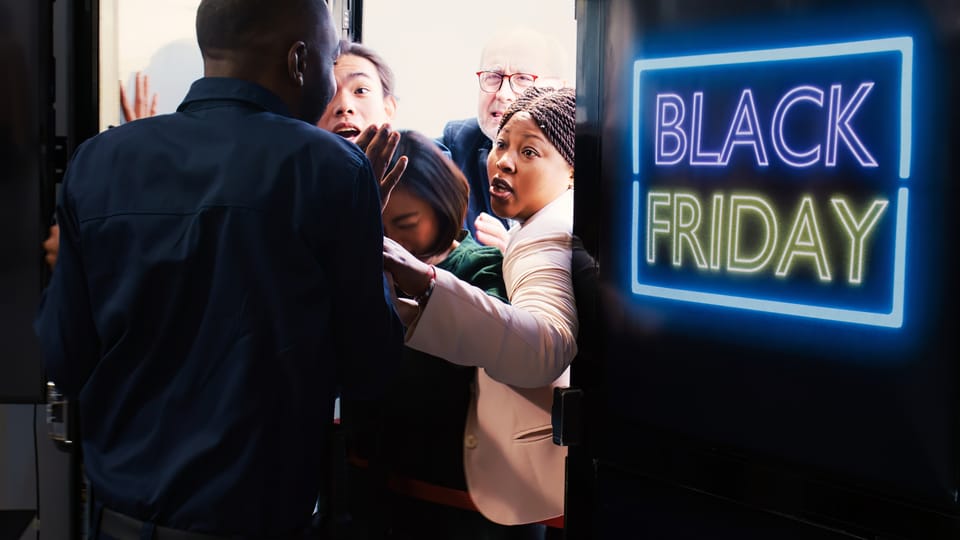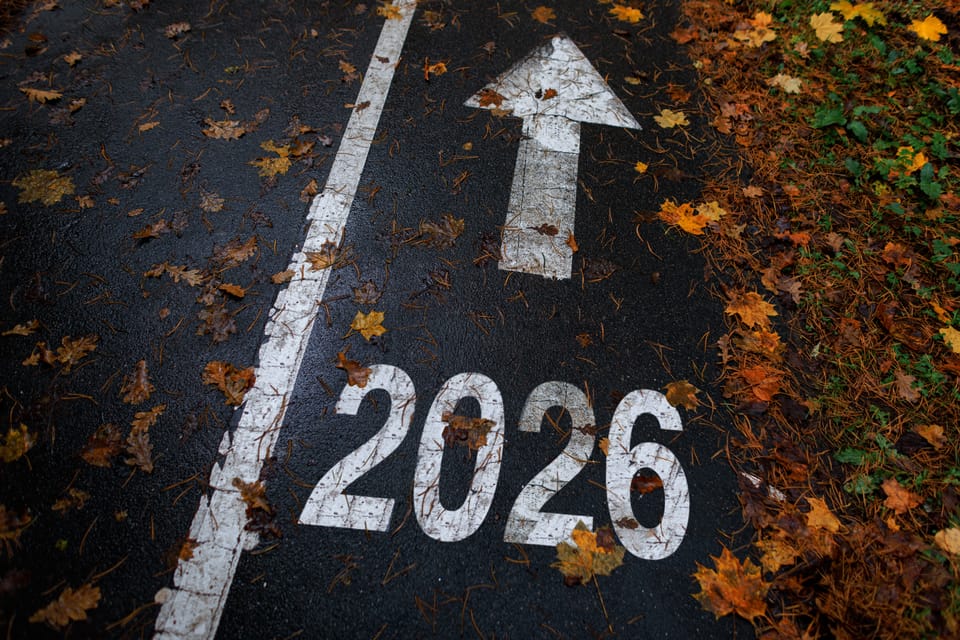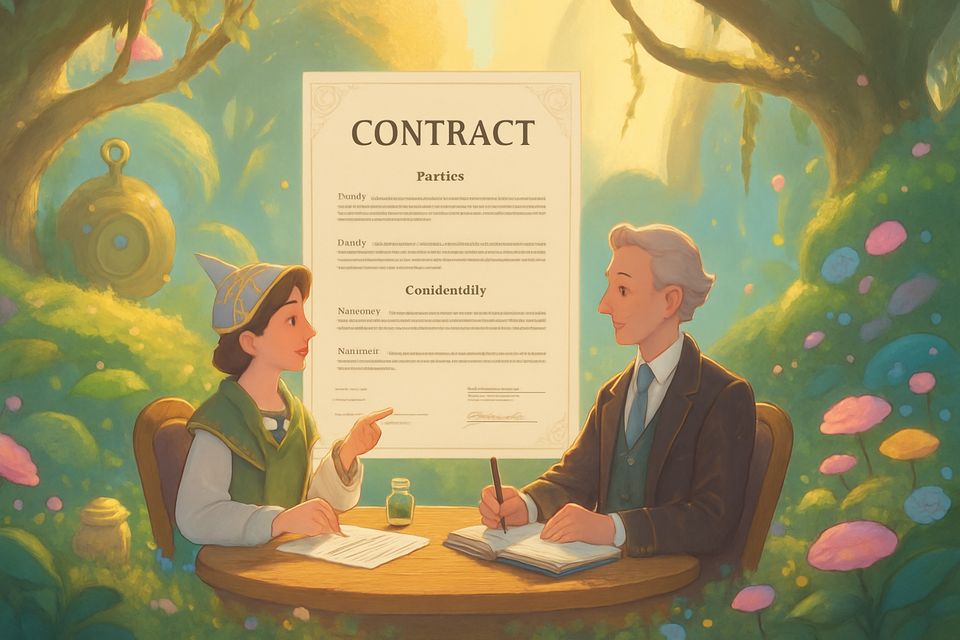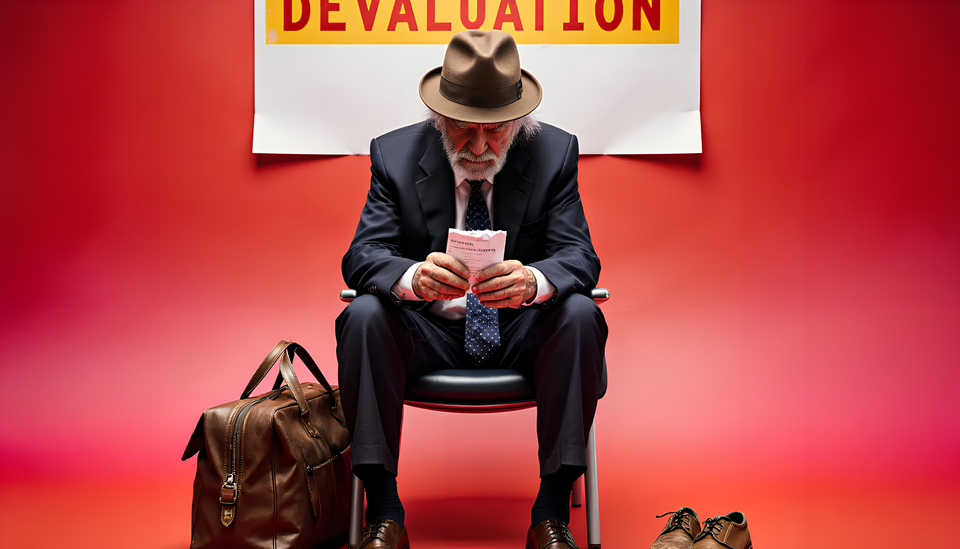What Delta (and Other Programs) Hope You Never Notice
Airlines like Delta quietly gut your points behind flashy apps and “dynamic pricing.” SkyMiles? Not real miles. Saver seats? Vanished. Partner flights? Hidden. Our exposé breaks down the tricks loyalty programs hope you never catch—so you can beat them at their own game.


If You Only Had 60 Seconds to Read This Article (Click Here)
Loyalty programs like Delta SkyMiles have quietly devalued your points—and they’re hoping you don’t notice. In 2025, award charts are gone, dynamic pricing rules everything, and “miles” no longer mean anything. The same flight that once cost 70,000 SkyMiles might now be priced at 320,000, with no explanation and no accountability.
Partner awards? Often hidden. Saver seats? Nearly extinct. Flash sales? Mostly smoke and mirrors.
Here’s the play: programs want you locked into their ecosystem, earning inflated points and redeeming them poorly. But there’s a smarter way.
Collect transferable points (like Amex, Chase, Capital One), book through partner programs, and treat your points like cash. Know what a redemption should cost, and don’t redeem unless you’re getting solid value—at least 1.3–1.5 cents per point.
Don't chase status. Chase flexibility, knowledge, and value.
The bottom line: Loyalty programs aren't loyal to you. They're quietly gutting the system. But if you know how to spot the tricks, use the right partners, and act before your points devalue, you’ll stay ahead of the game.
Time’s up—but now you know more than most frequent flyers do.
Everything else you need to know is just below 👇🏻
If your points suddenly feel weaker, if your hard-earned rewards buy you less than they used to—you’re not imagining things. In 2025, loyalty programs like Delta SkyMiles have evolved into sophisticated machines for value extraction. What was once marketed as a traveler’s reward has become a maze of silent devaluations, hidden partner awards, and misleading “dynamic pricing.”
No announcements. No emails. Just a quiet shift in the rules—until one day you notice it costs 240,000 miles to fly to Europe… in economy.
This isn’t just about Delta. It’s industry-wide. But Delta has become the poster child for this game. The airlines—and increasingly hotel programs too—are betting on one thing: that you won’t notice what they’ve taken until it’s too late.
The Award Chart Is Gone, and So Is Accountability
Once upon a time, airlines told you exactly how many miles you needed to fly from point A to point B. Those days are dead. Delta was one of the first to eliminate its award chart entirely, and others like United and American followed suit.
Without a Chart, You Have No Baseline
The brilliance of killing the award chart lies in plausible deniability. If there's no official number of miles required for a flight, there’s no benchmark to measure against when the cost skyrockets. That business-class seat to Paris that once cost 70,000 SkyMiles? Today, you might see it for 320,000—and there’s no policy you can point to that says it shouldn't be.
“Dynamic Pricing” = “We Charge Whatever We Want”
The marketing spin is that dynamic pricing brings “greater flexibility.” The reality? It gives airlines total control. They can price an award seat at whatever number of points they feel like, based on demand, trends, or internal revenue goals. Transparency disappears, and loyalty becomes a guessing game.
SkyMiles Aren’t “Miles” Anymore—They're Monopoly Money
Delta’s loyalty currency, SkyMiles, is no longer tethered to miles flown or even cash fares in any meaningful way. The term "mile" is a relic. Today, SkyMiles function more like a floating currency—one the airline can print or devalue at will.
SkyMiles Float Like the Dollar—But Without Regulation
A roundtrip domestic flight that costs $350 might be “priced” at 38,000 miles one day, then 74,000 the next. The math doesn’t add up, and that’s by design. SkyMiles are no longer a measure of distance or loyalty—they’re a tool for profit optimization.
Redemption Value Is a Moving Target
Delta may show you a first-class domestic flight for 95,000 SkyMiles. That same flight might cost just $410 in cash. On the surface, you're getting 0.43 cents per mile—a terrible deal. But because there's no fixed chart, the average traveler has no idea they’re being fleeced.
Partner Award Space: Now You See It, Now You Don’t
If you’ve searched for a Delta flight using SkyMiles and found nothing, don’t assume there’s no availability. Delta regularly hides partner flights that are very much available—just not to you.
Delta’s Shell Game With Partners
Say you want to fly Virgin Atlantic to London. You search Delta’s site with your SkyMiles and find… nothing. But go to Air France Flying Blue or Virgin’s own site, and that same exact seat is wide open. This isn’t a glitch—it’s a tactic.
Why? Because when you book a partner flight through Delta, they make less money. So they hide the good stuff unless you know where else to look.
The Seat Is There—Just Not for You
The bigger your point balance, the more dangerous your ignorance becomes. You’re not just missing out—you’re often paying double or triple what an informed traveler would. They’re hoping you won’t compare options. They’re betting you won’t know that ANA or Turkish Airlines offers better redemption rates for the same routes.
Saver Awards Are an Endangered Species
Remember saver awards? Limited-availability, low-mileage redemptions that rewarded travelers who booked early or searched smart? In today’s world of dynamic pricing, saver awards are buried—if they exist at all.
Now Buried Under Dynamic Overpricing
Delta’s model makes saver availability look like a myth. They’ve overlaid dynamic pricing across nearly all routes, effectively removing the “low-end” tier and replacing it with flexible—but inflated—rates. United and American have adopted similar models.
What Used to Cost 25,000 Now Costs 80,000
The routes are the same. The seats are the same. But the price in points has tripled, and because there’s no chart, no one gets angry—because most don’t even notice.
That’s the trick.
Points Are a Currency—And They’re Inflating Fast
Just like your grocery bill, the cost of travel in points is rising. But instead of headlines screaming “SkyMiles devalue again,” the shifts are subtle. Points inflation happens in the background, unannounced.
Devaluation by Stealth
The biggest redemptions are often hit first: international business class, premium economy, and aspirational travel. But even basic domestic redemptions are creeping up. You spend more points for less value, all while believing you're being “rewarded.”
Flash Sales and Fake Deals: Marketing in Disguise
Every few months, you’ll see a flash sale. “Limited Time Only: Europe for 100,000 Miles!” But look closely. Often these are framed as deals—when in fact they’re just slightly less terrible versions of today’s inflated norm.
Don’t Fall for It
That flight to Paris might have cost 62,500 SkyMiles two years ago. Today’s 100,000 “sale” is not a bargain. It’s a sleight of hand—framed to make you feel like you’re winning while you’re paying more.
The Real Strategy: Use Transferable Points & Book Through Partners
The smartest travelers in 2025 aren’t chasing loyalty—they’re chasing leverage. Transferable points from programs like Amex Membership Rewards, Chase Ultimate Rewards, and Capital One Miles are more valuable than airline-specific currencies.
The Secret Weapon: Transfer Partners
Let’s say you want to fly Delta to Europe. Don’t use SkyMiles. Use Amex points transferred to Virgin Atlantic Flying Club. You’ll often spend fewer points and get the exact same seat.
Examples:
- Delta flights via Virgin Atlantic
- United flights via Turkish Airlines
- American Airlines via British Airways or Iberia
Chase and Amex Points Are the New Gold Standard
With flexibility comes power. If one airline jacks up redemption rates, you simply transfer to another. You’re not trapped in SkyMiles jail. You’ve got options.
Elite Status Is a Distraction—Knowledge Is the New Loyalty
Airlines want you focused on status. But Diamond Medallion won’t stop you from overpaying in miles. Today, the game isn’t about who flies most—it’s about who knows the rules.
Status Perks vs. Smart Redemptions
Sure, early boarding and free checked bags are nice. But they’re nothing compared to saving 100,000 points by booking through the right partner. Savvy travelers are ditching status-chasing and maximizing value through smarter redemptions.
Final Boarding Call: Don’t Be the Passenger They’re Banking On
Airlines and hotels know most travelers aren’t watching. That’s why devaluation works. That’s why partner availability gets hidden. That’s why loyalty programs have quietly turned into profit centers rather than member rewards.
But now you know better.
Summary: Your Toolkit to Beat the System
- Treat points like cash. Always do the math.
- Use transferable currencies to stay flexible.
- Search across alliances and partners.
- Know what a redemption should cost.
- Burn your points before they burn you.
They’ve made the game harder on purpose. But once you see the playbook, you can flip the script. You can still win—just not on their terms.




